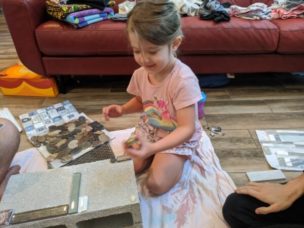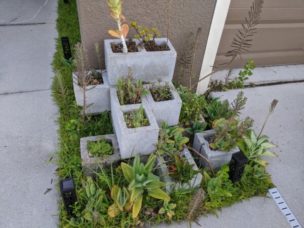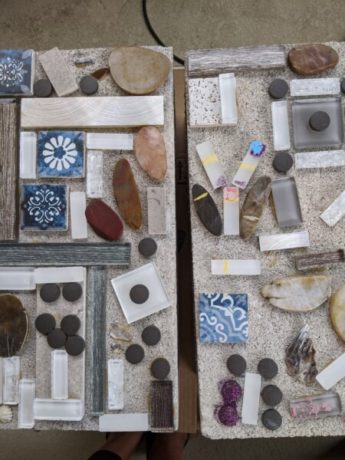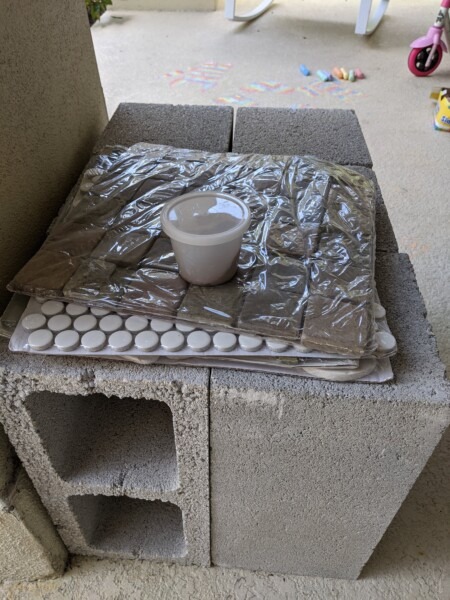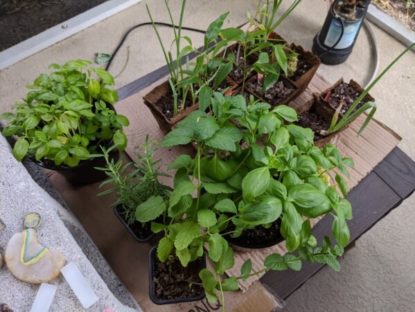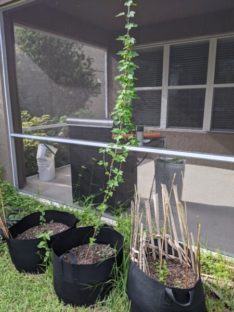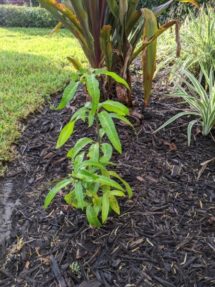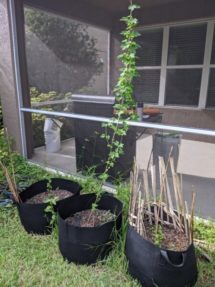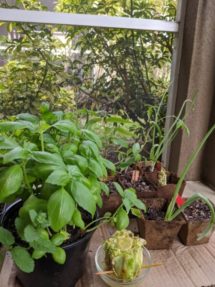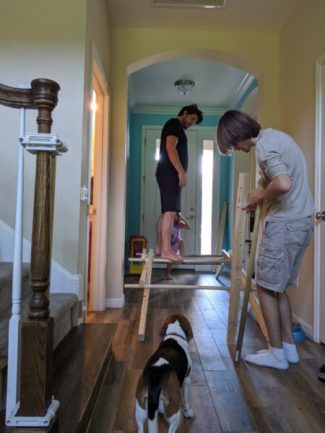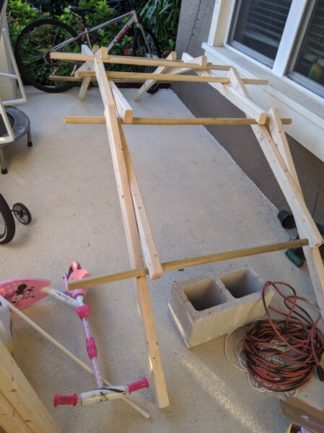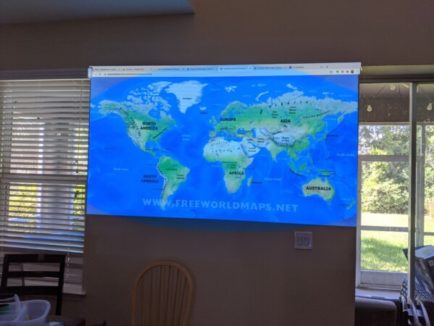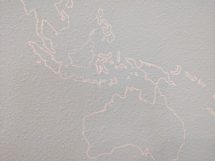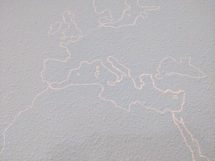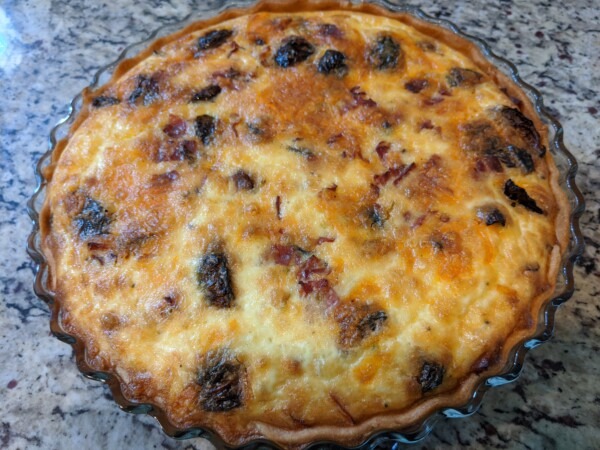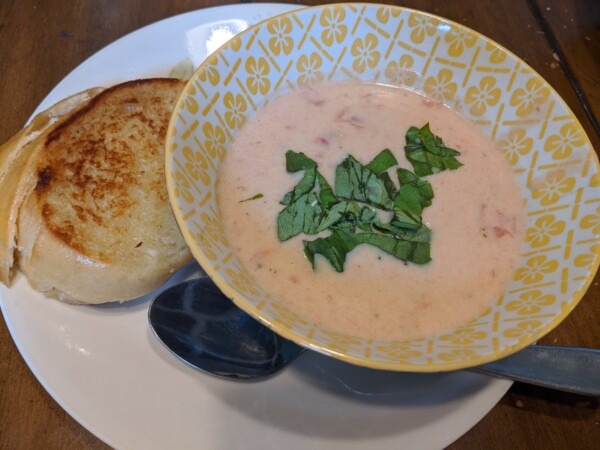It’s 2020. Everyone is doing a lot of staying at home and our kids are driving us insane. And here it is, we’ve decided to go for homeschooling. After 4 months of staying at home, here are my top 10 fun elementary aged homeschool projects. These projects are great home learning activities that you can do as part of a homeschooling curriculum or just to enhance your child’s learning while bored at home.
Arts & Crafts
Since my daughter is drawn to art, let’s get started with a few art supplies!
You really can’t go wrong with a smock. Even older kids and adults need a good smock or apron to keep your clothes clean (not that any of us are going anywhere these days). Get it here!
- Crayons, markers, paints (both acrylic and water color), pens and pencils
- Glue, glitter glue
- Variety of paper colors and weights, notebooks
- Shelves, totes, organization baskets
Homeschool Projects #1: Stained Glass Window Ornaments
These stained glass window ornaments have kept my daughter busy for endless hours. They’re not just art though! While making these ornaments, my daughter worked on her fine motor skills and learned about the color wheel. For older kids, these could be used to also teach about evaporation (how the paint dries) and light refraction. Get it here!
Homeschool Projects #2: Cinder Block Planters
These cinder block planters have been an inexpensive and fun learning project for us. At the simplest level, we started a succulent garden. For a more complex homeschool project, we used liquid nails to affix tiles and made mosaic planters. The planters themselves are more on the arts side of home learning, but the plants within them lead quite nicely into science, life cycles and growing things!
Science, Life Cycle and Growing Things
Homeschool Projects #3: Nature Journal

Take notes on what sparks their curiosity and build on those interests with more in depth lessons. Pick something and measure it at regular intervals (daily, weekly). This projects ticks boxes in multiple subjects and helps you focus more in depth science lessons based on their interests.
Homeschool Projects #4: Container Gardening
I’m not going to lie, this all started because my husband likes to home brew beer and he decided to grow his own hops. He ordered in some of these fabric grow pots and planted some seeds. We’ve expanded into tomatoes, lychees (from my parents’ tree), basil, mint and turnips. Because we’re fancy, my husband also likes using an old cava bottle as his watering can. Our daughter is completely entranced and loves watching things grow. We’re also logging measurements in our nature journal – giving us some math practice at the same time.
Homeschool Projects #5: Da Vinci Bridge
Leonardo Da Vinci designed a self supporting bridge that doesn’t require any fasteners. It’s a really fun and cool concept that’s pretty easy to reproduce at home. Armed with some 1/2″ dowels and 2×4’s from Lowe’s we constructed a bridge in under 10 minutes. Since it’s so easy to build and take apart, it has become a part of our outdoor obstacle course. This project is a great jumping off point for physics, but also a little history as well when we learned a little more about Leonardo Da Vinci. Personally, I’d like to continue to explore his various inventions at home.
Homeschool Projects #6: Kiwi Crates
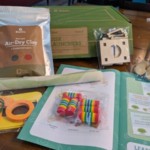
Geography, History and Social Sciences
Homeschool Projects #7: World Map

I’m currently in the process of painting in the land features, but my daughter is already intrigued with the places of the world. And, during dinner we have a handy reference of the world.
This project not only encompasses geography, but also (obviously) art, world history, and current events. As my daughter grows older, we’ll also get into the different types of map projections and the problems with the particular one we picked.
Homeschool Projects #8: Explore a Local Historic Landmark

In Sarasota, there’s also the Ringling property which includes a baroque art museum, a circus museum, the historic C’Ad’Zan (John Ringling’s mansion) and a rose garden started by Mable Ringling. It’s a great place to explore history, art and performing arts!
Counting, Numbers and Math
Homeschool Projects #9: TABLE TOP GAMING
It goes like this, board and table top games are an excellent and fun way to build math and counting skills. Eventually, these games also teach strategic and critical thinking. jBonus, they’re far more entertaining than math flashcards and worksheets. For early learners you start small and build on those skills. Some of my favorites that early elementary aged kids can manage the mechanics (if not quite the strategy):
- My First Orchard: Simple dice roll with color matching and turn taking.
- Sneak Snacky Squirrel Game: Color matching, fine motor skills and some strategy (they get to steal from you!).
- Azul: Strategic tile collection
- Carcassone: Tile matching and placement and an introduction to Meeples!
- Splendor: Gem collecting game that uses counting and strategic gathering of resources.
Homeschool Projects #10: Cook Together!
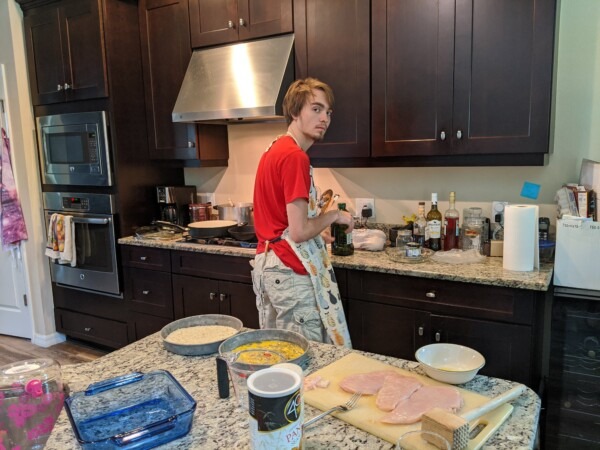
Double a recipe and practice multiplication. Convert tablespoons to ounces and vice versa. Compare measurements by weight versus volume. Don’t have a scale? Get one here. Spend some time exploring metric and Imperial measuring systems – convert the recipe to the other system.



